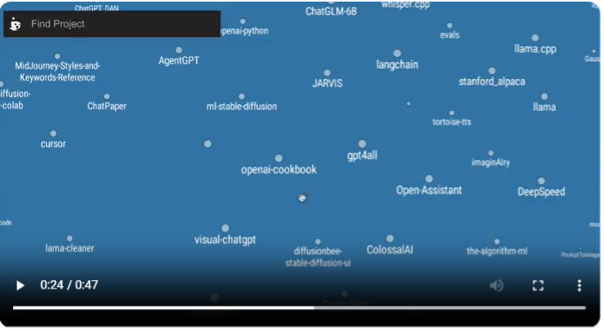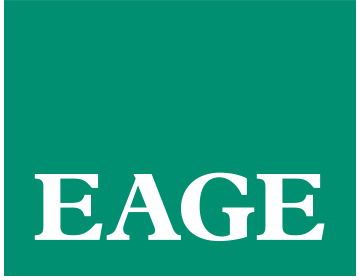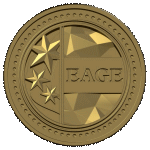As a group of EAGE members and volunteers, the EAGE A.I. Committee is dedicated to helping you navigate the digital world and finding the bits that are most relevant to geoscientists.
You are welcome to join EAGE or renew your membership to support the work of the EAGE A.I. Community and access all the benefits offered by the Association.
EAGE Membership Benefits: Join or Renew
Curious to know all EAGE is doing for the digital transformation?
Visit the EAGE Digitalization Hub
![]()
All Earth Scientists Love Maps
![]()
Here is one of GitHub: Map of GitHub
This website provides a map of GitHub that shows different main topics, subtopics, and projects and how are all linked together. Each dot is a GitHub project. Two dots within the same cluster are usually close to each other if multiple users frequently gave stars to both projects. The size of the dot indicates the number of stars the project has received.

Source: anvaka.github.io/map-of-github/
![]()
What to Do at the EAGE Annual 2023?
![]()
And where to learn the most about case studies and new developments of AI and ML in Earth Sciences and Engineering?
This year the EAGE Conference is fully packed with interesting sessions about these topics. The AI Committee will be present with multiple activities, starting with the hackathon on Sunday and Monday, which will focus on the topic of Natural Language Processing (NLP). The winners will show their results during the Dedicated Session Going Big – Scaling Machine Learning Applications in Geoscience and Engineering on Thursday.
Further insightful presentations/workshops/discussions on ML and AI are listed below:
Sunday
Workshop: Geostatistics and its Latest Developments Using Machine Learning Methods
Tuesday:
Machine Learning for Structural Interpretation
Machine Learning for Lithology Prediction
Machine Learning, AI, and Digitisation for More Efficient Operations (Joint EAGE/SPE)
Advances in Digital Rock Physics (Dedicated Session)
Wednesday:
Machine Learning for Inversion
Machine Learning, AI, and Digitisation for More Efficient Operations I (SPE)
Thursday:
Poster: Machine Learning for Seismic Interpretation
Going Big – Scaling Machine Learning Applications in Geoscience and Engineering (Dedicated Session)
Machine Learning, AI, and Digitisation for More Efficient Operations II (SPE)
Interpretation Terminator: Rise of the Machines?
![]()
This newsletter is edited by the EAGE A.I. Committee.
| Name | Company / Institution | Country |
|---|---|---|
| Anna Dubovik | WAIW | United Arab Emirates |
| Jan H. van de Mortel | Independent | Netherlands |
| Jing Sun | TU Delft | Netherlands |
| Julio Cárdenas | Géolithe | France |
| George Ghon | Capgemini | Norway |
| Lukas Mosser | Aker BP | Norway |
| Oleg Ovcharenko | NVIDIA | United Arab Emirates |
| Nicole Grobys | DGMK | Germany |
| Roderick Perez | OMV | Austria |
| Surender Manral | Schlumberger | Norway |
| Yohanes Nuwara | Aker BP | Norway |






